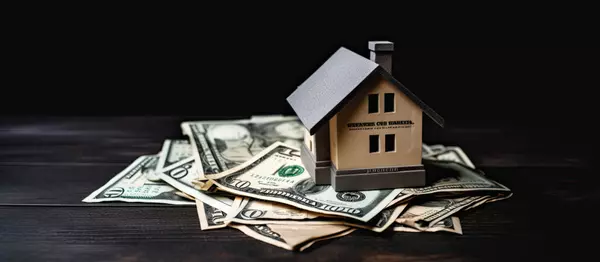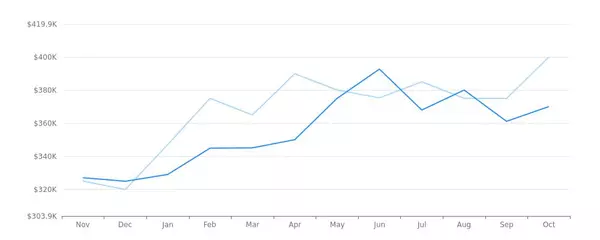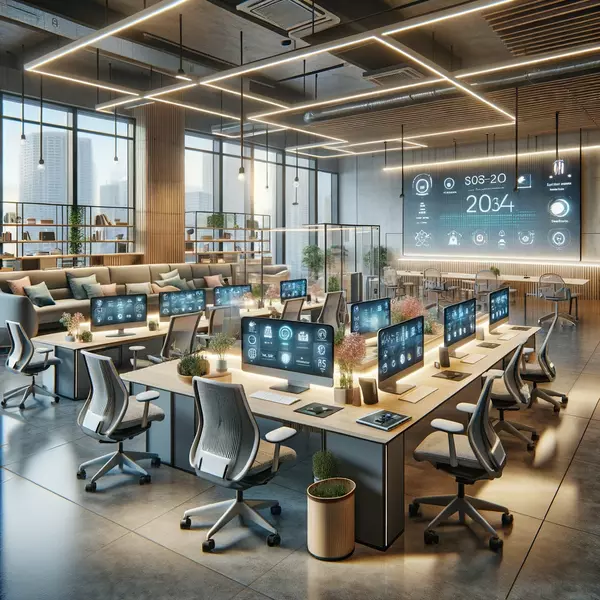Why are Commercial Loans Higher than Home Mortgages

There’s no denying that houses can cost a fortune, which is why most people opt to take out a mortgage to finance their dream home. However, for businesses looking to acquire properties or expand their operations, commercial loans are often the go-to financing option. While both options involve borrowing money, why is it that commercial loans tend to have higher down payments and interest rates compared to home mortgages? In this blog, we’ll dive in and explore the reasons behind this discrepancy.
Commercial Loans Require a Larger Down Payment
Compared to home mortgages, commercial loans require a larger down payment, usually ranging from 20-30% of the total loan amount. This is due to the higher risk of default that comes with these loans. It is much easier for someone to walk away from a failed business than it is for them to abandon their home. Commercial lenders need to make sure that borrowers have skin in the game and are less likely to default on the loan if they have invested a significant amount of their own funds.
Higher Interest Rates
Another major reason why this type of loan often comes with higher interest rates is because of the increased risk level they represent. Commercial loans generally come with higher risk than home mortgages, which means that lenders charge higher interest rates to offset this risk.
Furthermore, commercial loans typically have shorter repayment periods than home mortgages. Commercial loans require a higher payback rate, which increases the risk to the lender. The loan amount that is lent for commercial loans may also be larger than what is lent for home mortgages since it typically involves the purchase or expansion of a business. Therefore, lenders put higher interest rates in order to balance the risks involved.
Creditworthiness
Creditworthiness is also a significant factor in determining the interest rate. Unlike home mortgages, commercial loans require not only the business but the individuals related to it to submit their credit score. A borrower with a bad credit history will eventually be charged higher interest rates since his or her perceived risk is higher. Creditworthiness helps lenders determine how much interest they are going to charge since this will represent the risk associated with the borrower.
The Economic Cycle
Another factor that can influence the interest rates for commercial loans is what happens in the economy. Commercial lenders keep a sharp eye on the economic cycle, particularly when the economy is in the recession stage. Interest rates are higher when there is a recession, which makes borrowing more expensive for businesses. This is why it is always beneficial for borrowers to keep a lookout on the economic cycle to determine the appropriate time to get a commercial loan.
Commercial loans have substantially higher down payments and interest rates compared to home mortgages and for good reason. Lenders face more risk when they approve commercial loans, making it important to offset this risk with larger down payments and higher interest rates. Lenders also take creditworthiness and the state of the economy into account when deciding on interest rates. At the end of the day, borrowers should carefully consider their financial situation and the risks involved before taking out any loan to ensure that they can make repayments on time.
Contact Shawn Wilmoth REALTOR® today for help finding exactly what you're looking for.
Categories
- All Blogs (1000)
- Airbnb Realtor (13)
- Barndominium (6)
- Buying a home (57)
- California Buyers (17)
- Commercial Broker (2)
- Commercial Property (33)
- DR Horton Homes (5)
- East Tennessee (59)
- Experienced Realtor (40)
- Experienced Tennessee Realtor (67)
- For-Sale By Owner (24)
- FSBO (17)
- Gatlinburg (30)
- Gatlinburg Cabins for Sale (2)
- Gatlinburg Rental Homes for Sale (6)
- How to pick a realtor (14)
- Industrial Property (9)
- Invesment Real Estate Gatlinburg (4)
- Investment Property Realtor (27)
- Knoxville (66)
- Knoxville Jobs (1)
- Knoxville Zillow Reviews (1)
- Listing your home (30)
- Mobile Homes (7)
- Modular Homes (9)
- Morristown (28)
- Mortgage (3)
- New build homes (24)
- Price of Homes in Knoxville (10)
- Realtor Blog Feed (3)
- Reccomended Tennessee Realtor (48)
- Refinancing (2)
- Rental Property (7)
- Retail Building sites (4)
- Retail Land for Sale (3)
- Selling a home (19)
- Short-Term Rentals (2)
- Smithbuilt Homes (2)
- Strawberry Plains (1)
- Tennessee (39)
- Tennessee Lenders (3)
- tract homes (1)
- Vacant Commercial Land (4)
- Warehouse for Sale (1)
- Zillow Agent (1)
Recent Posts










GET MORE INFORMATION
Agent | License ID: 354366
308 N PETERS RD. STE 225, KNOXVILLE, TN, 37922, United States

